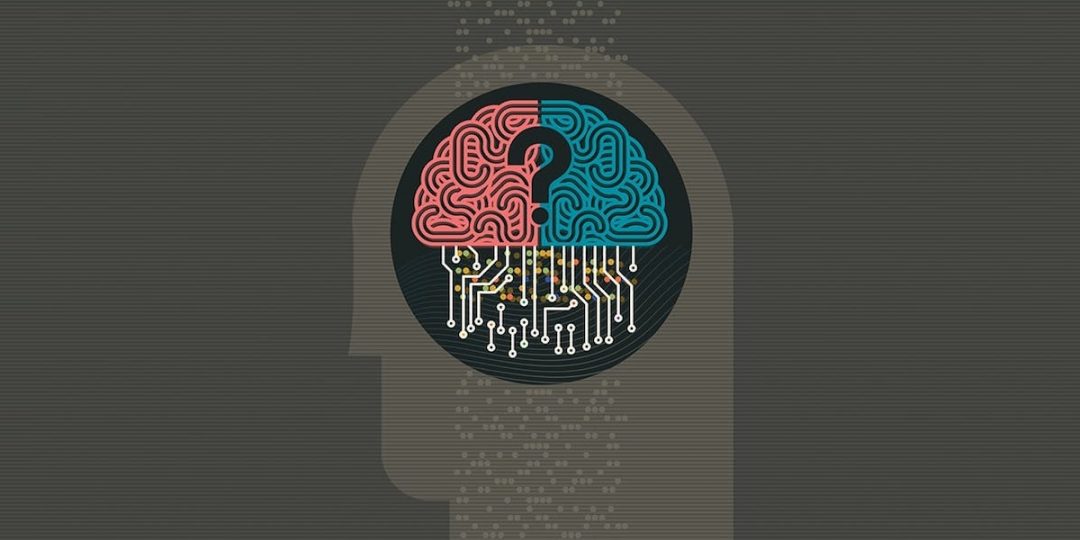An interesting bit of paleofuture has been appearing in several social media feeds (on reddit, for example). I’ve converted it to text (below) for ease of reading.
Continue readingCategory: Society and the economy
How has technology development changed the nature of society and the economy?
Forever ten years away
Why do some the technologies always seem to be ten years away? We’re not talking about the science fiction dreaming of faster than light travel or general AI and the singularity. Those ten years apply to technologies that forever seem to be just out of reach, just beyond our current technical capabilities, like nuclear fusion (as opposed to fission) or quantum computing. Researchers make incremental progress and we’re told that (once the technology works) its going to change everything, but despite this incremental progress estimates of when the technology will be commercialised and so available to the public always seem to be in the ballpark of ‘ten years’.
Continue readingA new narrative for digital data
The article suggests rethinking digital data privacy by adopting Indigenous Australian metaphors focused on relationships and responsibilities rather than Western concepts of property and rights. It argues that treating data as property fails due to its intangible nature and advocates for a framework where data is viewed through relational responsibilities. This approach, inspired by Indigenous cultures, emphasises communal care and accountability, providing a more sustainable and ethical model for managing digital privacy and data use.
Continue readingHow industries evolve
We have a new essay published in Deloitte Insights, How industries evolve: Interactions, not institutions, drive disruptive change, a collaboration with Damien Crough from prefabAUS. This essay builds on the observation in The real landscape of technology-enabled opportunity. that disruption is typically the result of the accumulation of many minor innovations, rather than being driven by some significant disruptive innovation, by showing how industries evolve when the verbs change (how organisations in the industry interact) rather than the nouns (disruption of the organisations themselves).
Continue readingThe digital economy
A few weeks ago I had the pleasure of being on the panel for Blockchain and the Digital Economy at ADC’s Leadership Forum. The session outline led with three questions:
- How has 2020 accelerated the acceptance of the digital economy?
- Is blockchain fulfilling its promise as the new universal disruptor?
- How real is the role of cryptocurrencies as the new universal store of value?
It’s a large topic and an important one, as if we’re to address challenges such as growing inequality then we need to find a way to make the economy work for all of us, rather than just some of us.
Unfortunately, as too often happens, adding blockchain to a topic results in blockchain dominating the discussion with other interesting ideas ignored. Blockchain is quickly positioned as the solution and all other ways of framing (and understanding) the problems we face are ignored. This panel was no different in this regard.
Some of the ideas that would have been relevant in a broader discussion are things that I’ve been exploring for a while. Before the panel I’d pulled together an outline of the argument as to why our future is not “the digital economy”, but something much more interesting, and which creates more opportunity and freedom to act in addressing the challenges we’re facing. Rather than let a good outline go to waste I thought I’d build it out a little and publish it here.
Continue readingA moral license for AI
We have a new essay published in Deloitte Insights, A moral license for AI: Ethics as a dialogue between firms and communities. This collaboration with CSIRO’s Data61 looks into the challenge of creating ethical AI, picking apart the problems and proposing a way forward. There’s a launch event on the 2nd of September, 2020, which you can register for via Zoom.
Continue readingOn bland economic models and the colonial mindset
A team at Harvard has released a new version of the Atlas of Economic Complexity, an index of ‘economic complexity’. Journalists have pounced on the model to make that case—as they often do—that Australia is a second class country run by second rate politicians. The problem is that the model seems rather bland, only proving that Australia is a large country with a small population (and correspondingly small market) a long way from the major markets. We already knew this.
Continue readingThe future of retail: The need for a new trust architecture
Deloitte ran a series of breakfasts recently for the retail community, and they kindly asked C4tE to participate. My contribution, which you can find at Scribd or embedded below, […]
Continue readingOur Economic Future: Driving Innovation Through Better Public Policy
The following are the notes I pulled together for the first panel in ADC‘s Future Summit on Monday September 28th. The major opportunity for Australia is to find […]
Continue readingRedefining education
Our relationship with knowledge is changing, and consequently our relationship with education is changing. The snappy version of this is “Why remember what you can google?”. The longer story has interesting implications for the education sector as is changes what it means to be educated.
Continue reading


